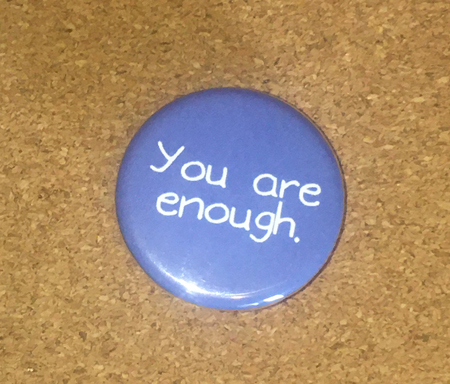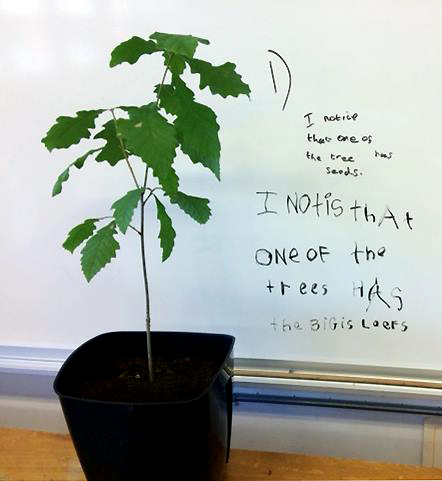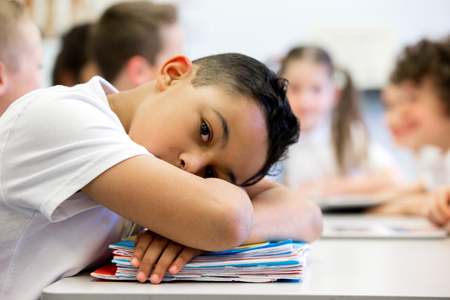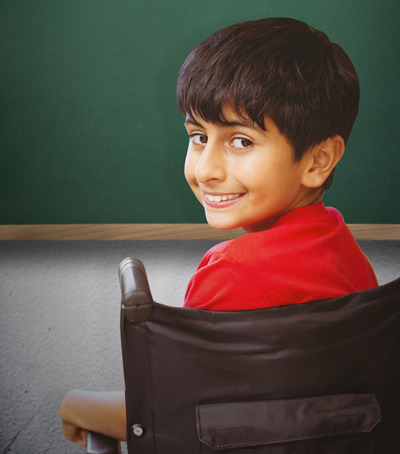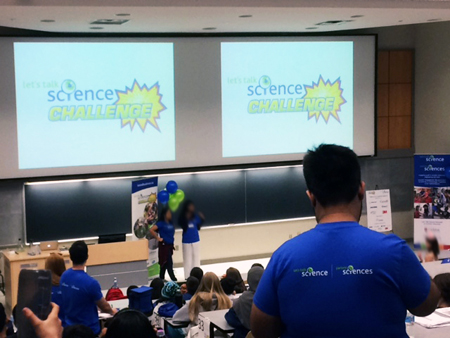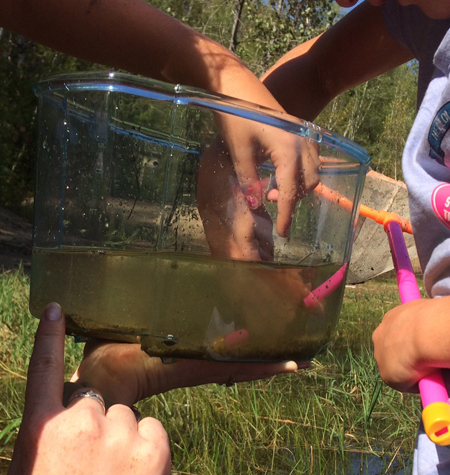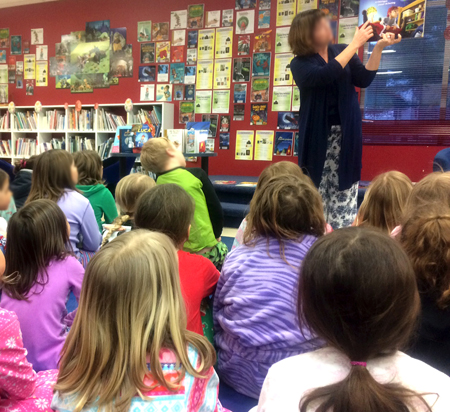I have vivid memories of my early schooling days.
I worked hard to get on the school honour role… but never achieved it. I took courses because they were a “good idea,” not because they interested me. My first university degree was in finance and economics – a good career path – but not for me. Every day was un-inspiring. I obtained my first degree in a lack-lustre way.
The schools I attended and the courses I took were well respected. The problem, I now realize, was the approach I took to education. I did not look to my passions for guidance.
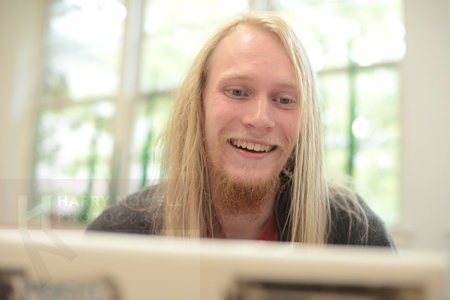
Passion leads to learning – if you enjoy what you’re doing, it’s easy!
Passion
Once I started pursuing what actually interested me I performed at a much higher level. A trend emerged when I pursued my passions:
• Arts/photography. I didn’t go to school for arts / photo but as far back as I remember I loved drawing, photographing, creating. I started a business.
I worked crazy hours producing commercial art. It didn’t feel like work. Before technology transformed the industry success developed through enthusiastic hard work. My best photo sale? A car driving up a city street in a Go-Pro style (before Go-Pro existed) licensed for $32,000 – and that was almost 20 years ago. Not bad for a self taught career based on passion.
• Creative/Innovation. I got excited about two interesting photo processes that required acquiring a big camera that I could not afford. I built the camera instead and needed to learn math/physics of focusing to make it work. Math and physics never excited me before but I loved the whole camera design/building process including the math. Math became important to my art! Watershed / Sunstreaks continue to flourish.
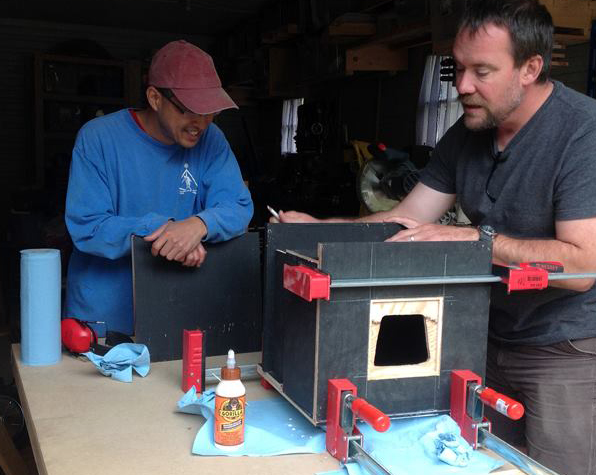
Learning math and science through art – building a large format camera.
• Teaching. I went back to school in recent years for a Bachelor of Education. Taking a year to go back to school in my forties with a young family was an expensive luxury. I focused on learning as much about learning/teaching/development as my head could hold. I told myself I didn’t care about marks. That didn’t seem to matter. My passion led to Magna Cum Laude (high marks.)
I recognized a correlation. For me, success depended more on passion than blind perseverance. Passion led to knowledge that led to success in some form.
Learner-Led Learning
I’ve been investigating different ideas in education. One that speaks strongly to me (and supports passion in education) is “Emergent Education” or the idea of leader-led learning.
In traditional schools, students are presented what to learn. Current practices urge teachers to develop engaging ways to teach so that all students will consume the knowledge. Engaging all in direct or deductive learning can be hard to do with a large group.
In one of my elementary English classes students wrote a standardized exam. One of my very capable (and spunky) students had no interest in the creative writing component of the exam. What she did write earned her a failing mark on that part of the exam… despite her capabilities. If she had been allowed to produce a language assignment that interested her for the evaluation, her marks would have been better!
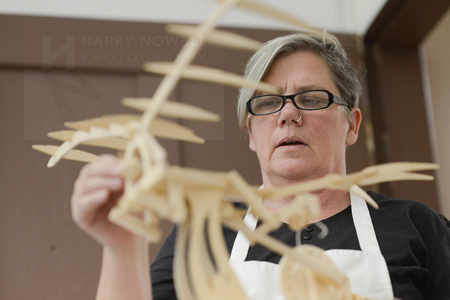
It’s easier when it’s interesting! Intrigue and inquiry based learning make learning easier…
In an inductive (learner-led) learning scenario students are supported, guided and evaluated based on their passions. Music? Computer coding/web development? Horses? The curriculum is built around student’s interests.
Criticism
Some opponents to inductive learning suggest that the students using this approach will miss important aspects of a well-rounded education. Remember my mention (above) of building a camera while I pursued my arts passion? To succeed I had to design and build the box camera using physics (focusing) and math (geometry.) When my goal was an arts project the math learning became more successful because it was interesting for me.
All-encompassing
• Music involves math.
• Learning about coding and web incorporates syntax and language skills.
• Horses can pull students into reading, writing, science, math, physical education.
In my classroom, when facilitating a lesson that draws on more than one core subject (cross-curricular teaching), I sometimes abruptly stop the class and ask “Is this math… or art?”
Deductive vs Inductive Learning – Summarized.
The traditional school approach is often based on a deductive or direct approach to teaching. Material is presented and students are expected to learn through different activities and platforms. This approach works for many students and can produce excellent results.
A new (but very old) approach is growing and supports people in different ways. The “emergent” or inductive approach to education differs in that students lead the learning and the curriculum is built around their passions.
More organizations are using this learner-led model to teach. The theory is old. Historically, people learned by pursuing what interested them. People are naturally curious and naturally seek the appropriate skills to succeed. This usually involves concepts of math, language, science and arts that fit their passions. With the right steps and support, that leads to a satisfying life.
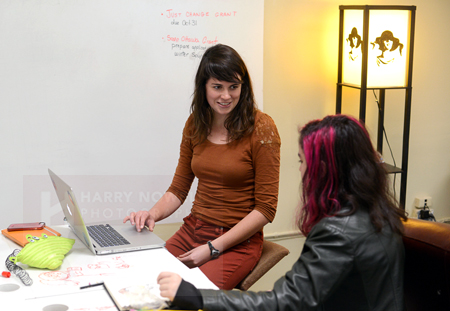
Positive Mentors
Time with Positive Mentors
Another factor that is important to successful learning is time with strong mentors. Interpersonal connections can make or break learning opportunities. We’ve all had teachers or mentors with whom we’ve connected. Spending time with them is fun and easy!
One boy in a class I was teaching came from a tough place. He had challenges and his academics suffered. At the beginning of the school year he was reluctant to come to school and reluctant to share his work. He asked “What happens if I make a mistake?…” I looked at him and, with a smile, announced “… It shows me you’re learning.”
By the end of the year his family sent a lovely letter saying how the boy had thrived during the year. He was also closer to meeting expectations. His biggest success was that he was coming to school and learning. That happened because he enjoyed it. Positive mentors make a pivotal difference.
Options for Different Students
I’m curious about learning. I’ve explored different options for teaching/learning and realize there are so many good options – it’s heartwarming! Many students thrive in traditional schools. Some students perform better with different models of learning. Below are a few alternate options I’ve explored:
Forest School
Forest School caters to younger audiences and builds learning around children’s natural curiosity. They follow the Emergent Education Theory of Leader-Led Learning. Math, arts, language and science are all built around student’s discoveries as they explore the forest and nature around them.
Compass Centre for Self-Directed Learning
Compass supports youth’s learning passions through Leader-Led Learning by first investigating student’s passions and collaborating with community experts / organizations to access relevant learning for the individual’s goals.
Astolot Educational Centre
Astolot places emphasis on connecting teachers to students. Classes are very small and I saw a strong connection between the learners and teachers as they navigated the individual’s learning.
My life path has not been a traditional one but it has been exciting and (mostly) enjoyable. Looking back helps me navigate moving forward in positive ways. Seeing more options and ideas available for all learners makes me excited about the future of learning.

